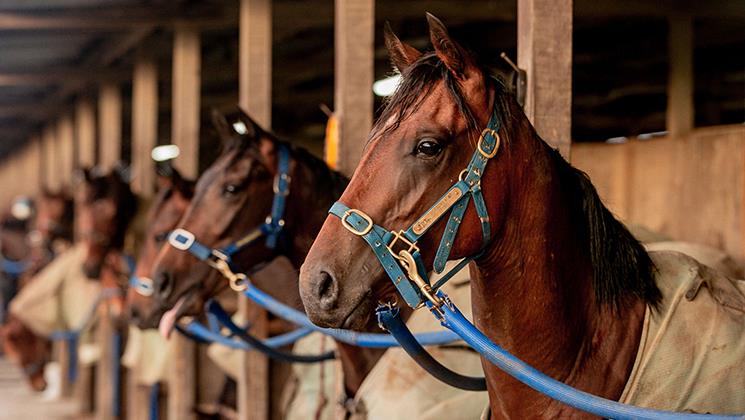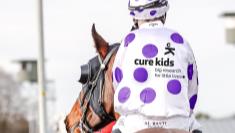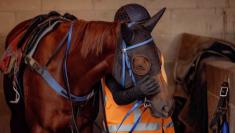
Welfare Guidelines go global
Following the lead of New Zealand Thoroughbred Racing (NZTR), the International Federation of Horseracing Authorities (IFHA) has this week released its horse welfare standards.
The Welfare Committee of the IFHA created the minimum guidelines drawing from work undertaken in New Zealand which resulted in the release of the New Zealand Welfare Assessment Guidelines in October 2019.
Welfare Committee chairman Jamie Stier, who led the IFHA work, emphasized that the IFHA Standards, created for a global audience, represent the minimum standard expected. “We encourage everyone to go above and beyond, “he said.
In undertaking its work on this document, which the IFHA expects racing jurisdictions around the world to refer to when establishing their own horse welfare practices, the IFHA called upon the expertise of Professor Emeritus David Mellor.
Prof Mellor, the Foundation Director of the Animal Welfare Science and Bioethics Centre at Massey University, played a significant part in the development of the New Zealand Welfare Standards.
NZTR GM Welfare & Sustainability, Martin Burns, who drove the development of the New Zealand Welfare Standards over a two year period prior to their release last October, said it was pleasing to see them now being used to help create a starting point for other racing jurisdictions.
“NZTR was fortunate during the development of the NZ guidelines to have worked in partnership with Professor Emeritus David Mellor, who is globally recognised in the animal welfare field. His input, along with that of other skilled veterinarians and industry stakeholder groups, was greatly appreciated,” Burns said.
“Our Thoroughbred Welfare Guidelines are created around the Five Domains model of equine welfare which defines optimal provisions and aims to reduce avoidable negative experiences and ensure our horses enjoy a life worth living.”
As part of NZTR’s welfare strategy amendments have also been made to the Rules of Racing to allow for better traceability of thoroughbreds from birth to death. In addition to the 30-day foal notification introduced earlier this year, NZTR now requires every horse to have an “accountable person” who takes responsibility for the appropriate rehoming of their horse following its racing career.
The New Zealand Welfare Standards, which include comprehensive assessment guidelines for thoroughbred horses at all stages of their lives reflect NZTR’s vision for thoroughbred welfare:
“A Thoroughbred should be provided a good life, with the care and conditions that allow it to thrive and perform to its natural abilities.”
Work in the welfare area continues with NZTR hosting a Thoroughbred Welfare Forum last week which was attended by representatives of the various racing industry sectors; partner organisations; researchers; and organisations with responsibilities under the Animal Welfare Act.
The New Zealand Welfare Standards can be found here.
More detail regarding the IFHA guidelines, including a panel discussion which features Professor Mellor, can be viewed here.









